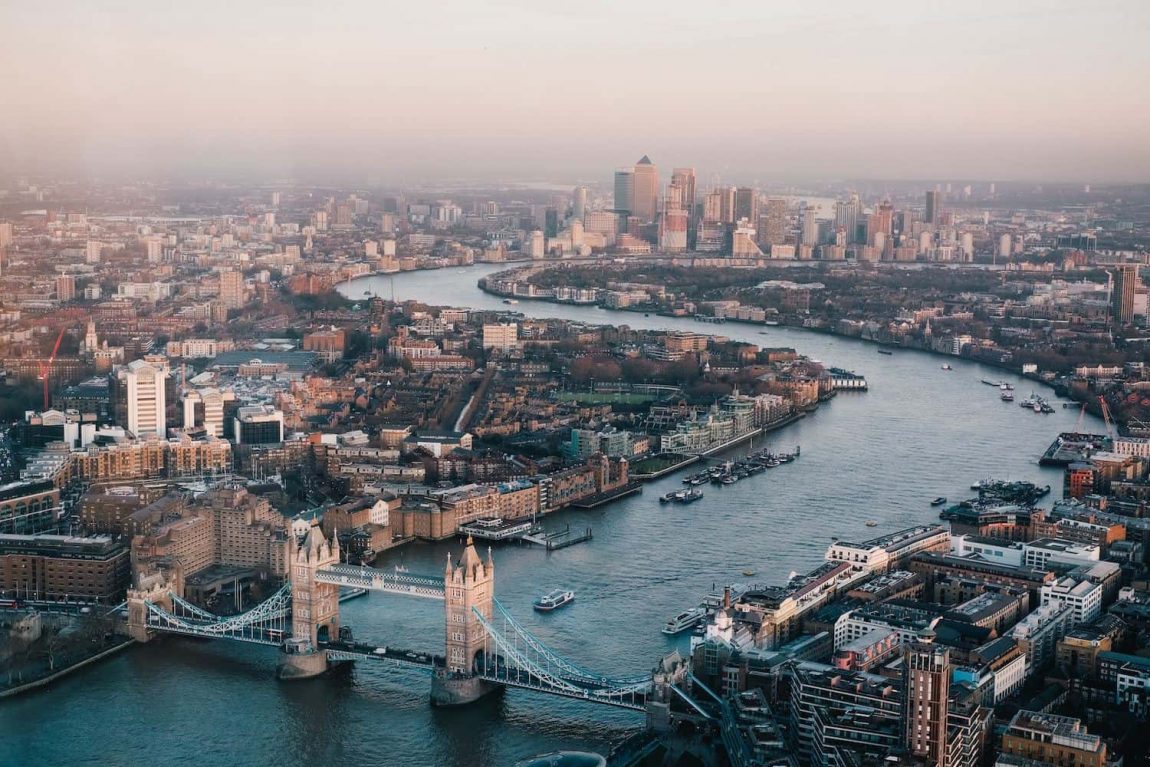London, the sprawling and magnificent capital of England, spans an area of roughly 26 square miles. Its roots go deep into history, having been a significant settlement for over two millennia. Established by the Romans, they named this newfound region ‘Londinium’. As time progressed, London evolved, and while it underwent various changes, its ancient core surprisingly preserved its medieval confines.
The history of London is not just confined to its geographic or architectural transformations. This city has witnessed monarchs, revolutions, wars, and cultural renaissance. Today, it stands as a harmonious blend of the old and the new. The medieval heritage is palpably present amid the contemporary hustle and bustle. The streets teem with life, encompassing the breadth of human existence from kings in grand palaces to everyday street sweepers ensuring the city retains its shine.
London’s Significance on the Global Stage
There’s no doubt that London’s significance reverberates around the globe. It is more than just the home of the British monarchy; it has been a beacon for countless individuals seeking opportunities, a better life, or refuge from adversity. A personal testament to this allure is the story of many who sought sanctuary during the harrowing times of Ireland’s Great Famine. Many, including my ancestors, fled to London, seeking respite from the devastating famine. Had they stayed in Ireland, their fate might have been sealed by hunger and destitution.
Throughout the annals of history, London has played host or been a frequent stopover for many influential figures. This includes the likes of Charles I of England, the venerable Queen Victoria of the United Kingdom, and the indomitable Winston Churchill of Great Britain. Their influence, decisions, and actions have not just shaped the destiny of London but have left an indelible mark on world history.
London’s Cultural and Literary Significance
London’s significance is not limited to politics or economics. Its cultural canvas is rich, diverse, and extensive. The city has been an inspiration for many literary giants and has found its way into the pages of numerous classics. Tales from its storied past have kindled imaginations, leading to timeless literature. For instance, King Henry VIII, one of the most infamous monarchs, is known not just for his role in establishing the Church of England but also for his tumultuous marital life. The city bore witness to the tragic fate of two of his wives, executed due to complex royal succession and political issues.
Moreover, from the fictional streets where Sherlock Holmes pursued criminals to the romantic alleys depicted by Charles Dickens and Virginia Woolf, London’s essence has been beautifully encapsulated by many literary maestros. This has, in turn, added to the allure of the city, drawing tourists and literature aficionados from all over the world.
Conclusion
London stands as a testament to time, history, and human resilience. Its history is a mosaic of battles, victories, defeats, love, betrayals, and hopes. From ancient Roman settlers to modern-day citizens, it remains a melting pot of cultures, dreams, and legacies. Whether through the corridors of power, the ink of a quill, or the stories of everyday individuals, London’s tale is a compelling one, woven through the fabric of time.





